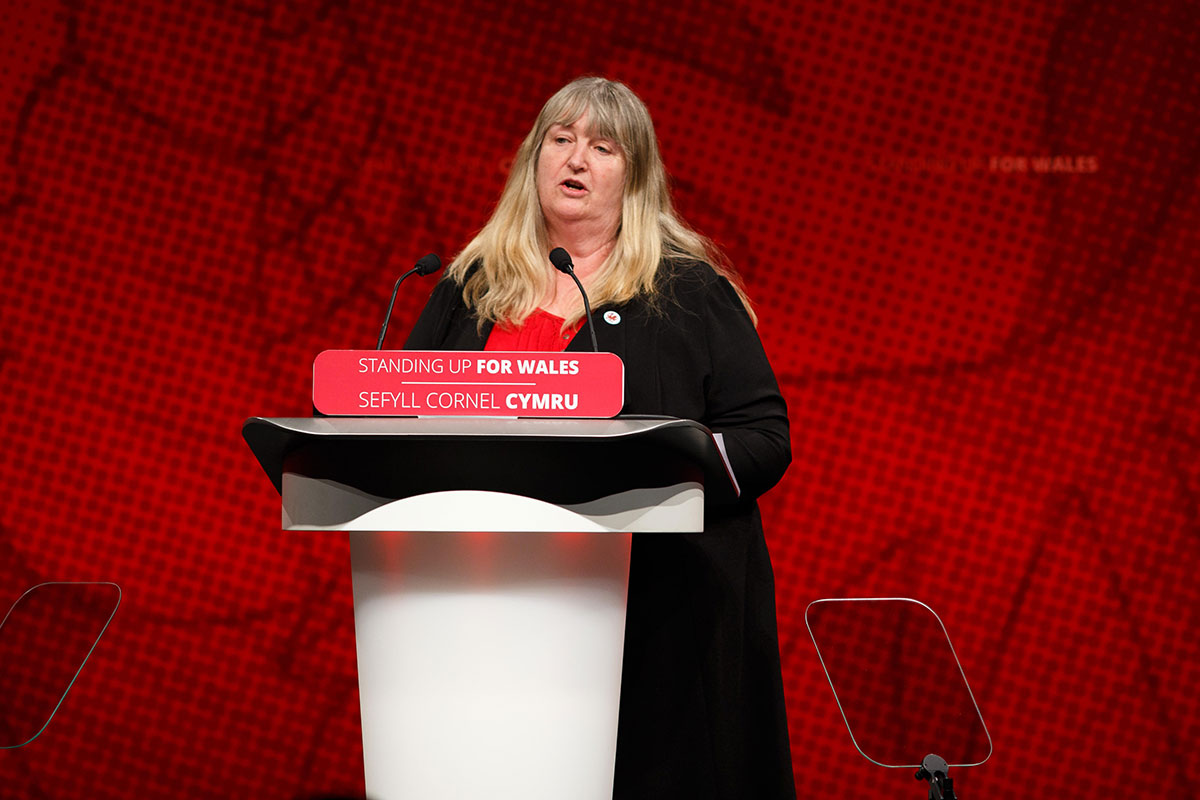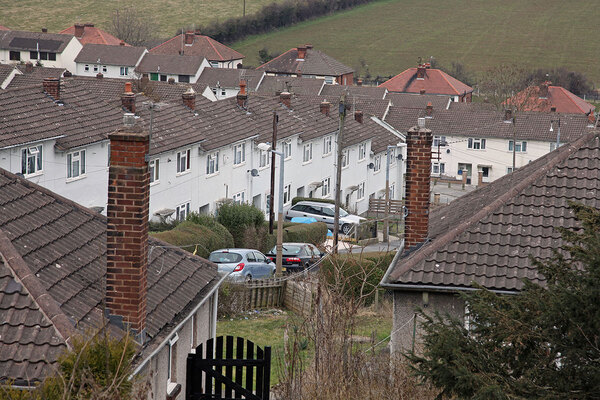You are viewing 1 of your 1 free articles
Welsh government announces social housing rent cap for April
Social rents in Wales will rise by a maximum of 6.5% from April next year under a new settlement announced by the minister for climate change.
Julie James said in a statement today that the settlement figure was reached after consulting tenants and landlords on a cap for 2023-24, in the context of the inflationary pressure the sector is under and the cost of living crisis facing tenants.
In Wales, approximately three-quarters of social tenants have all or part of their rents covered by benefits.
When the Welsh government announced its initial five-year settlement in December 2019, it said rents could be increased by a maximum of Consumer Price Index (CPI) +1%.
Under the policy, landlords have been allowed to raise an individual tenant’s rent by CPI+1%, plus up to £2, as long as the overall average increase for their stock is no greater than CPI+1%.
However, should CPI fall outside the range of 0% to 3%, the minister will determine the appropriate change to rent levels for that year only. CPI is currently at 10.1%.
Ms James said: “No landlord is required to charge the maximum, and I know all landlords will carefully consider affordability and set rents as appropriate across their housing stock.
“Within the overall settlement, landlords may freeze, lower or raise individual rents based on a number of local factors, of which affordability is a key consideration. The rate is a maximum not a requirement or a target.
“We know that any increase in social rent may impact those social tenants who pay all or part of their own rent. These tenants, in particular, need to be protected from being placed into financial hardship through trying to cover the costs of keeping a roof over their heads.”
Alongside the 6.5% cap, the minister revealed that she had secured a series of commitments from social landlords in Wales to support tenants who are experiencing severe financial hardship.
As a result, there will be no evictions due to financial hardship for the term of the rent settlement in 2023-24, where tenants engage with their landlords.
Ms James added: “We have worked hard in Wales to prevent people being evicted from their homes and becoming homeless, by changing the law, strengthening rights for tenants and doing all we can to end homelessness.
“In addition, a joint campaign, encouraging tenants to talk to their landlord if they are experiencing financial difficulties and access support available, will be launched across Wales.”
Welsh landlords will also participate in an assurance exercise in April 2023 to reflect on application of the rent policy to date.
In response, Stuart Ropke, chief executive of Community Housing Cymru, said: “Setting rent is one of the most important decisions that housing associations make and we don’t see permitted rent increases as a target to meet. Housing associations will now set rents locally by engaging with tenants and using affordability tools.
“They want tenants to feel safe and secure in their home, and no one experiencing financial hardship need worry about losing their home where they work with the housing association.
“We encourage tenants to talk to their landlord if they are worried about paying their rent.”
Matt Dicks, director at Chartered Institute of Housing (CIH) Cymru, said: “We understand this has been a hugely difficult decision for the minister to make in terms of balancing the needs of rent levels that are sustainable for tenants with the need to ensure that housing organisations have sufficient income levels to allow them to continue providing essential services and support to tenants, as well as being able to meet the Welsh government’s ambitions around building more low-carbon homes at social rent and decarbonising our existing homes.”
He explained this his organisation’s members have been doing a huge amount of work with tenants to help address the cost of living crisis, but raised concern about the impact of the settlement figure on the sector.
Mr Dicks added: “We are concerned that given the current rate of inflation and its impact on supply chains, the rent settlement is in effect a real-terms cut in the main income source for social housing organisations.
“In order to continue to deliver the high-level of service to tenants, as well as reach the ambitious targets it has set the sector in this Senedd term, the Welsh government may need to allow more flexibility and the right level of funding, to enable the housing sector to meet these targets.”
Sign up for our Wales newsletter
New to Inside Housing? Click here to register and receive our Wales round-up straight to your inbox
Already have an account? Click here to manage your newsletters












